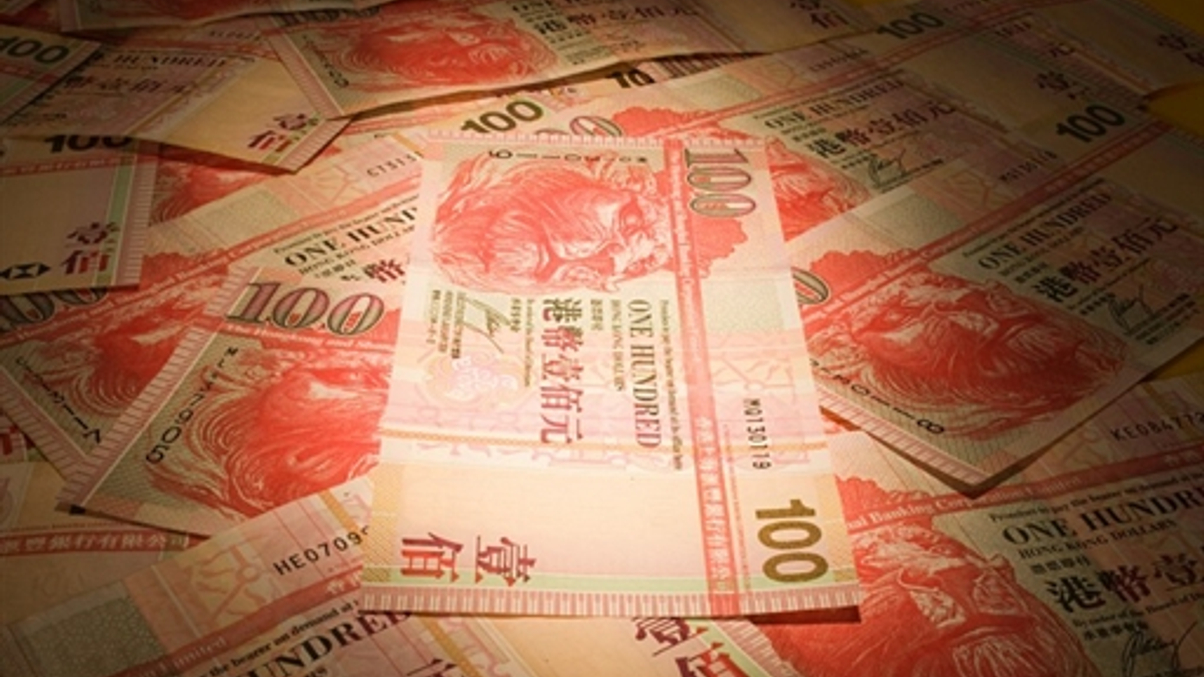Asset owners snap up HKD counters of RQFII funds
Global investors drive trading volumes after two Chinese fund houses introduce long-awaited HK dollar trading counters for their respective RQFII exchange-traded funds.

Global institutional investors piled into RQFII exchange-traded funds late last week after two Chinese fund houses added long-awaited Hong Kong trading counters to their offerings.
Sign in to read on!
Registered users get 2 free articles in 30 days.
Subscribers have full unlimited access to AsianInvestor
Not signed up? New users get 2 free articles per month, plus a 7-day unlimited free trial.
¬ Haymarket Media Limited. All rights reserved.


